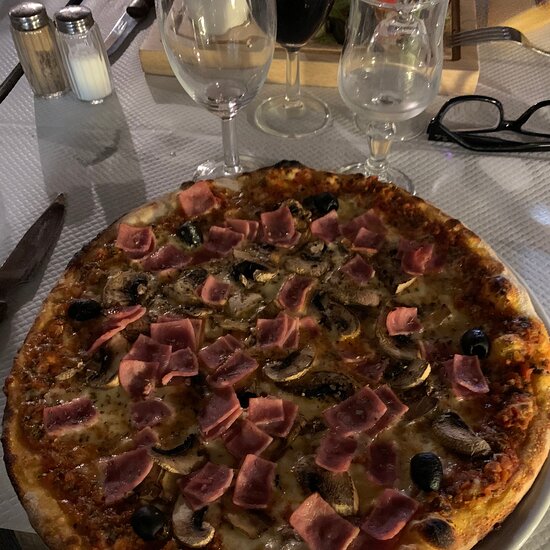Haute-Corse
WELCOME TO Haute-Corse
Entry Into State
Bastia
4,666 km2
185,554
French
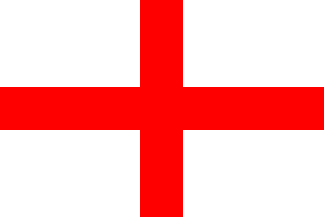
Popular
Geography and Tourist Attractions
Information about the canton's tourist attractions, including popular destinations, events, and activities.
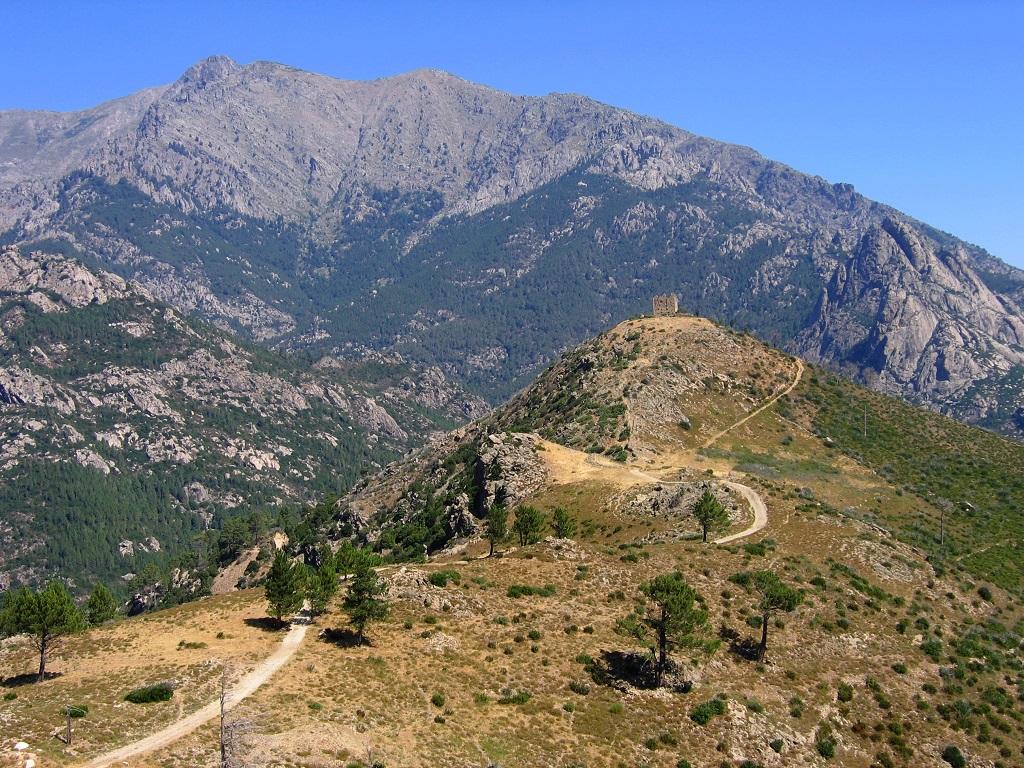
Corsican Mountains
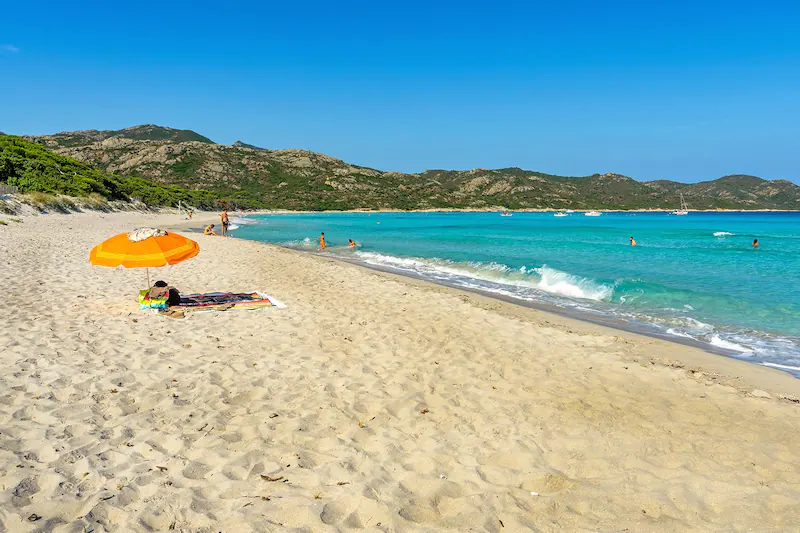
Beaches
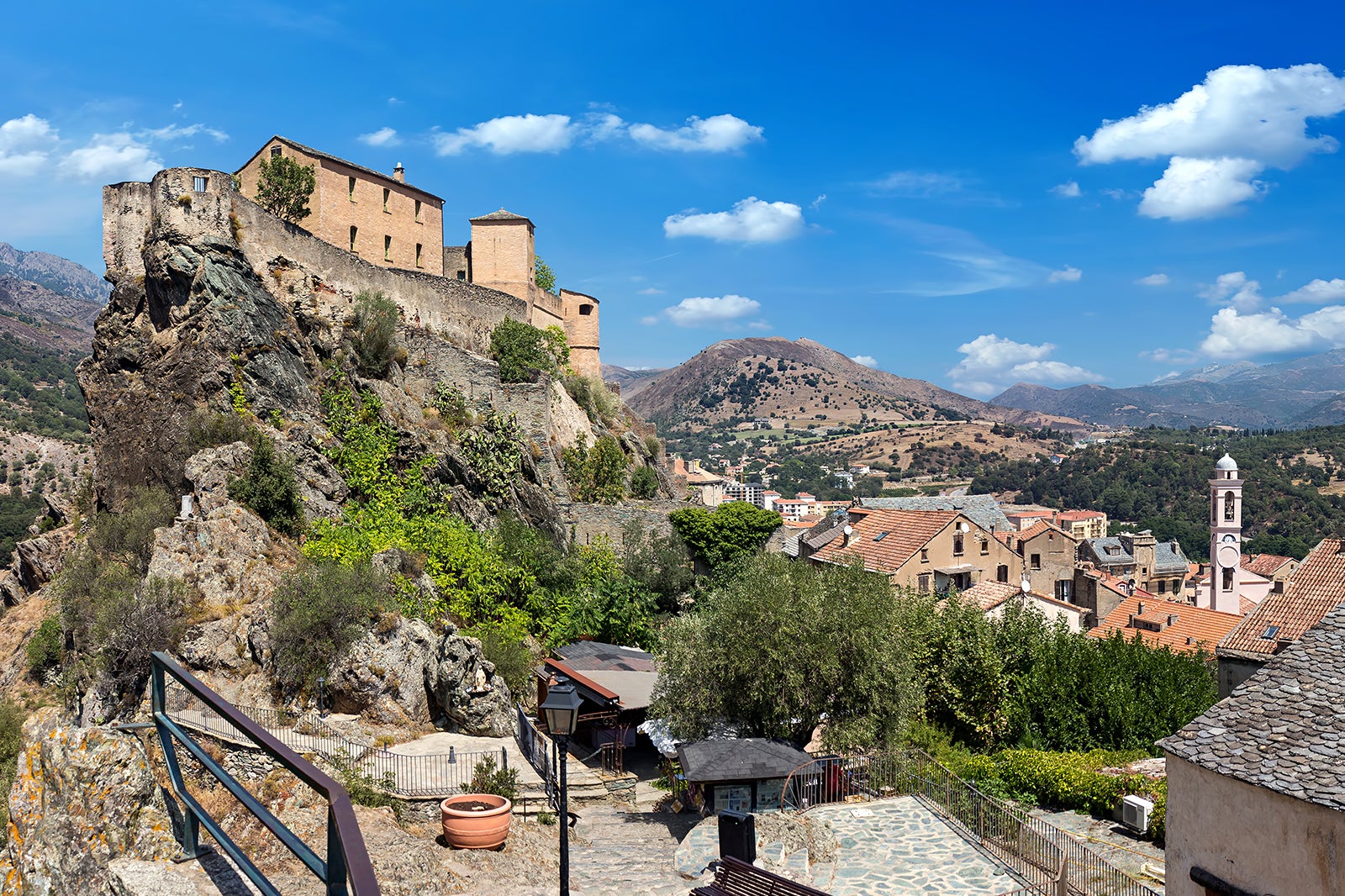
Historical sites
Political
Economy and Government
Haute-Corse, like the rest of Corsica, has a diversified economy that relies on various sectors. The agricultural sector is significant, with the region producing a variety of crops, including olives, grapes, and citrus fruits. Fishing is also an essential economic activity in Haute-Corse, with the region's long coastline providing an abundant source of fish and seafood.
The tourism industry is another important economic sector in Haute-Corse, with visitors flocking to the region to enjoy its beautiful beaches, mountains, and cultural attractions. The tourist industry has also helped create jobs in the region, particularly in the hospitality and retail sectors.
The government of Haute-Corse is overseen by the prefecture, which is responsible for implementing national policies and programs. The departmental council, which is elected by the people of Haute-Corse, has significant autonomy over the region's affairs, particularly in the areas of economic development and tourism.
Corsica also has a unique status within France, with a devolved government that has a significant degree of autonomy. The Corsican government has the power to oversee certain aspects of the region's economy, including regional planning and development, as well as managing cultural and linguistic policies. Overall, Haute-Corse benefits from a diversified economy and a government that is committed to promoting the region's economic development and cultural heritage.
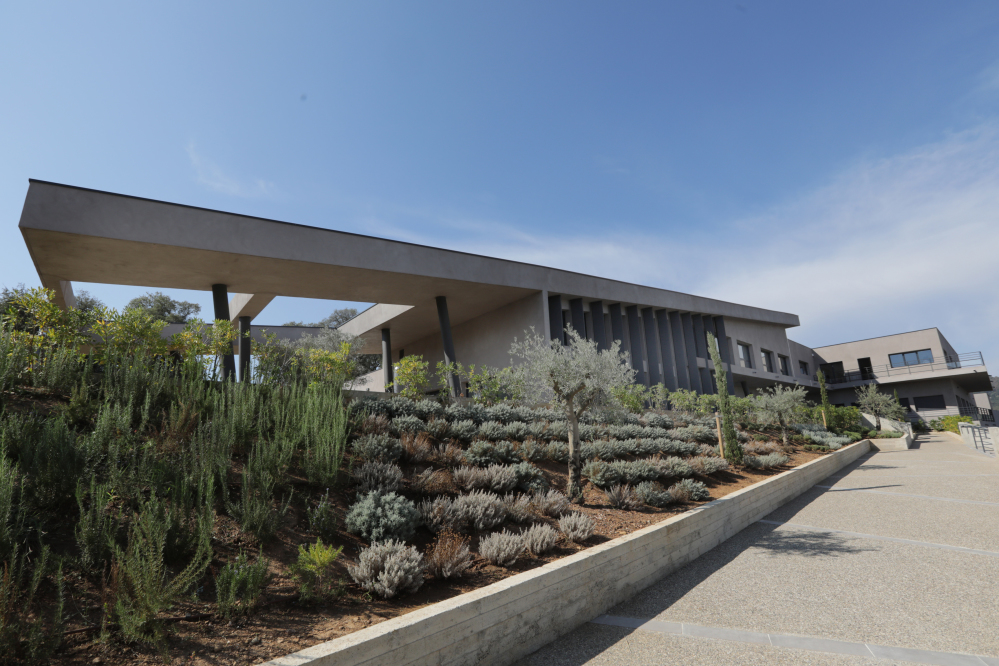
History
History and Culture
Haute-Corse, like the rest of Corsica, has a rich history and culture that has been shaped by its location at the crossroads of the Mediterranean world. The region has been inhabited since prehistoric times, with various cultures, including the Greeks, Romans, and Genoese, leaving their mark on the island.
The Corsican language, a distinct Romance language closely related to Italian, has been an important part of the region's cultural identity for centuries. Corsican cuisine, which features a range of dishes made from locally sourced ingredients, including seafood, charcuterie, and cheeses, is also an essential part of the region's cultural heritage.
Haute-Corse is home to several cultural and historical landmarks that attract visitors from around the world. The region is home to several well-preserved Genoese towers that were built in the 16th century to defend against pirates and other invaders. The Calvi Citadel, a stunning fortress built in the 15th century, is another popular tourist attraction in Haute-Corse.
The region is also home to several traditional festivals and celebrations, including the Fiera di u Vinu, a wine festival held in the village of Luri, and the Catenacciu, a Good Friday procession that takes place in the town of Sartène. Overall, Haute-Corse's rich history and cultural heritage make it a fascinating destination for visitors looking to explore the Mediterranean world's diverse cultures.
HOTELS
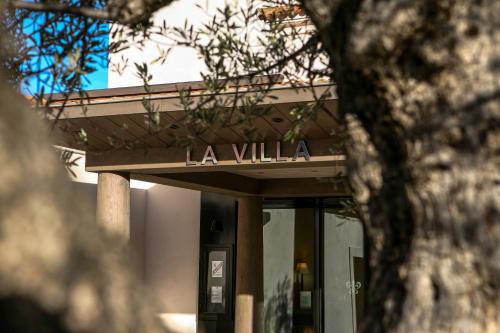
Hotel La Villa - Calvi
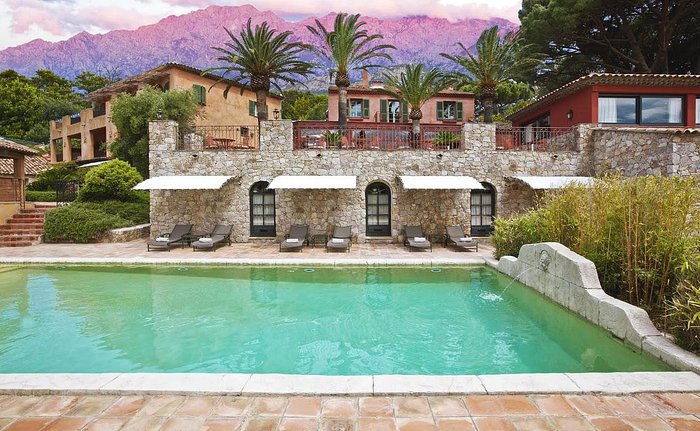
Hotel La Signoria - Calvi
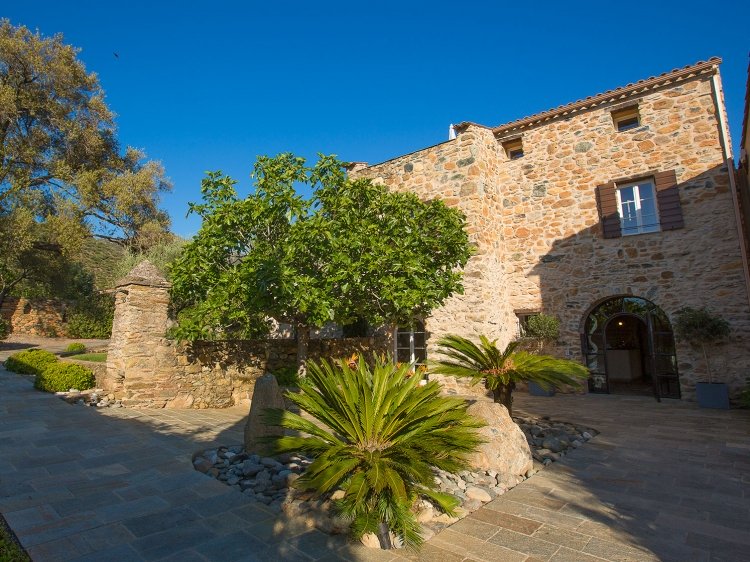
La Dimora - Calvi
RESTAURANTS
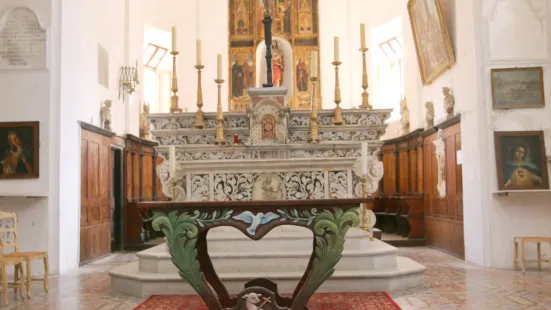
La Table de Bastien - Calvi
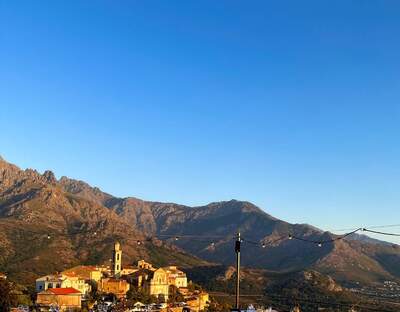
A Mandria - Lumio
